Latest News
21 November 2019
‘Ruler-less measuring’ at crime scenes
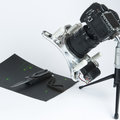
Researchers at TU Delft and the Netherlands Forensic Institute (NFI) have developed a new ‘ruler-less prototype’ that may make the use of a physical ruler at the crime scene redundant.
21 November 2019
Crowdsourced ‘supercomputer’ enables more localised and accurate rainfall forecasts
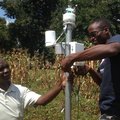
Accurate forecasts of rainfall are crucial in Africa, where 95% of agriculture depends on highly localised rainfall. Currently, forecasts are based on satellite data and are not sufficiently accurate for small geographical areas.
19 November 2019
Building a Mars base with bacteria
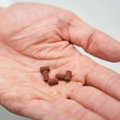
How do you make a base on Mars? Simple: you send some bacteria to the red planet and you let them mine iron.
18 November 2019
Predicting people’s driving personality
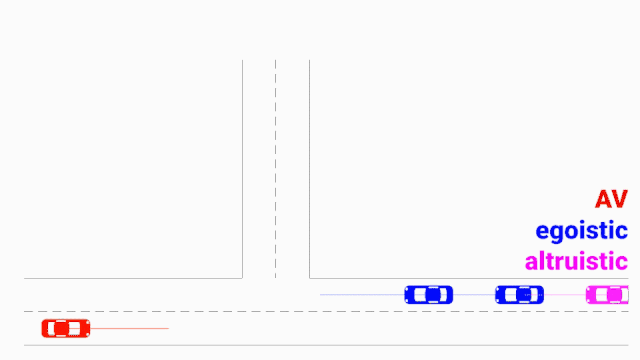
A team of researchers from MIT and TU Delft has developed a new system that sizes up drivers as selfish or selfless.
15 November 2019
How to Expand and Contract Curved Surfaces of all Shapes
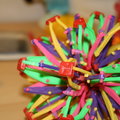
Researchers at TU Delft have designed a dilation method that can be applied to any curved surface. The range of applications include medical braces for children, expandable furniture, or aortic stents.
15 November 2019
Researchers see rapidly hunting CRISPR system in action
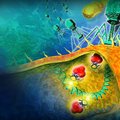
12 November 2019
Djonno Bresser is TU Delft Best Graduate 2019
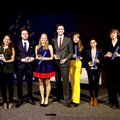
Today, at the TU Delft Best Graduate Award Ceremony 2019, eight recently graduated engineers presented their research and results of their excellent master thesis. Djonno Bresser, graduate of the Faculty of Civil Engineering and Geosciences (CEG), received the prestigious title TU Delft Best Graduate 2019.
07 November 2019
Joris Melkert voted Best Teacher at TU Delft
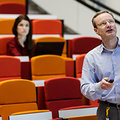
Joris Melkert, senior lecturer in the Faculty of Aerospace Engineering (AE), has been chosen TU Delft’s Best Teacher of 2019.
07 November 2019
Opening Industrial Catalysis Lab TU Delft
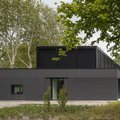
On 20 November 2019, TU Delft will open the Industrial Catalysis Lab, a new high-tech facility that makes it possible to carry out experiments under high pressure and at high temperatures. The lab forms a bridge between industry and the academic world, where experiments are usually carried out under lower pressure and at lower temperatures. In this building, researchers led by a new professor will develop innovations in the field of catalysis. Catalysis is a technology that accelerates chemical reactions and that forms the basis for many of our plastics, fuels and fertilizers.
07 November 2019
TU Delft in four major new public-private research programmes
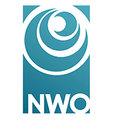
The Dutch Research Council (NWO) has announced the new research programmes that will be part of its ‘Perspective for Top Sectors' funding programme.
